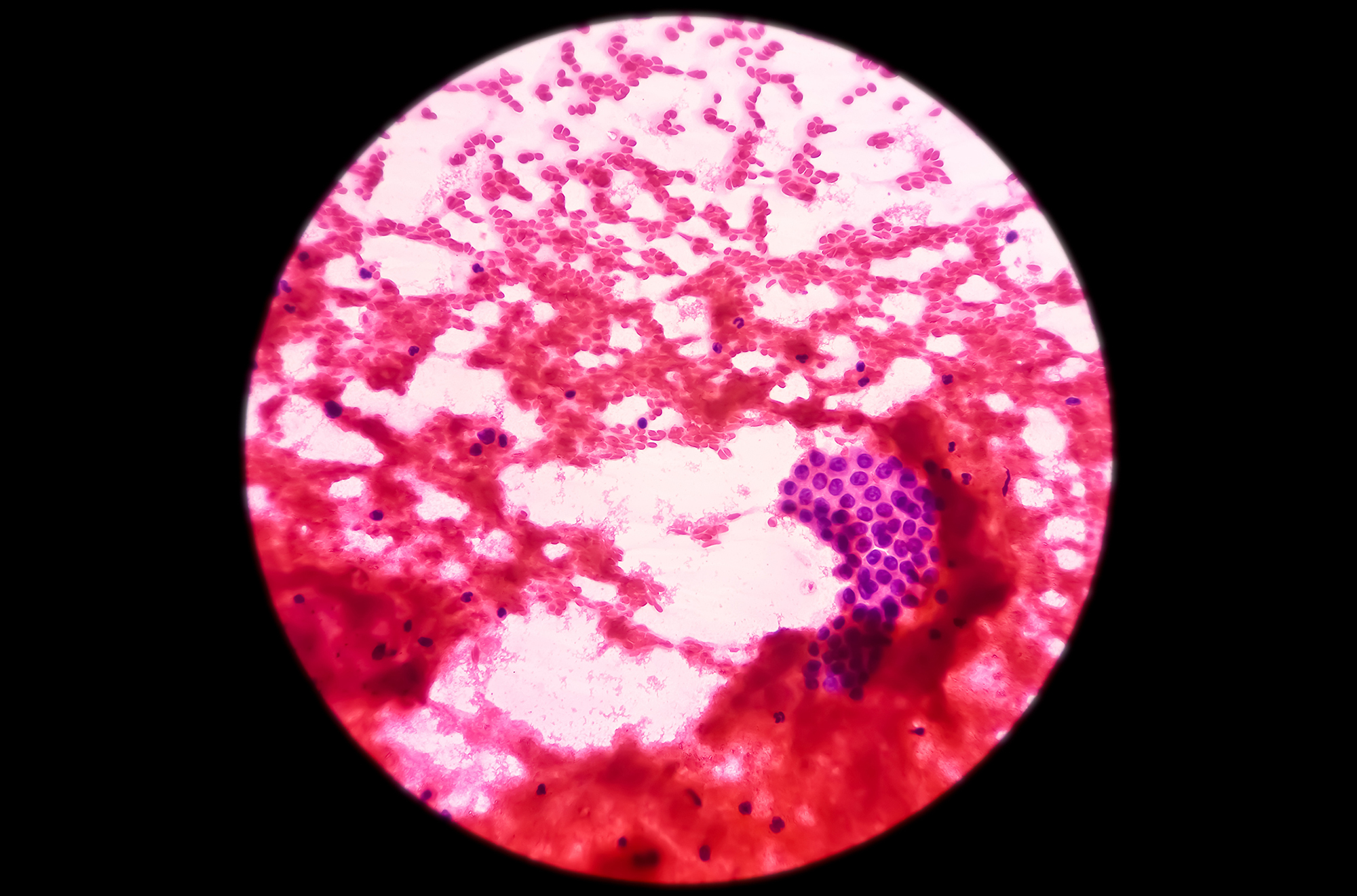Liver inflammation, a common side-effect of cancers elsewhere in the body, has long been associated with worse cancer outcomes and more recently associated with poor response to immunotherapy. Now, a team led by researchers from the Abramson Cancer Center and Perelman School of Medicine has found a big reason why.
In their study, published in Nature Immunology, the researchers have discovered that cancer-induced liver inflammation causes liver cells to secrete proteins called serum amyloid A (SAA) proteins, which circulate through the body and hinder the ability of T cells—major anticancer weapons of the immune system—to infiltrate and attack tumors elsewhere.
“We want to better understand what causes cancer to resist or respond to immunotherapy to help design more effective strategies for patients,” says senior author Gregory Beatty, an associate professor of hematology-oncology and the director of Clinical and Translational Research for the Penn Pancreatic Cancer Research Center. “Our findings show that liver cells—with their release of SAA proteins—effectively serve as an immune checkpoint regulating anti-cancer immunity, making them a promising therapeutic target.”
The study builds on previous research from the team, including co-lead authors Meredith Stone, a research associate, and Jesse Lee, a graduate student, into liver inflammation in cancer: In a 2019 study, they showed how it promotes pancreatic tumor metastasis to that organ. In 2021, researchers from the Beatty Laboratory observed that systemic inflammation, involving many of the same molecules implicated in liver metastasis, is associated with worse responses to immunotherapies in pancreatic cancer patients. The latest study was designed to investigate in more detail how liver inflammation may block the effects of these immune-boosting therapies.
The team found that STAT3 activation in liver cells has its dendritic cell- and T cell-suppressing effect by inducing the production of SAA proteins, which target receptors on immune cells. Deleting the SAA proteins had the same immune-restoring effect as deleting STAT3, and increased survival times and the likelihood of cures in mice that had pancreatic tumors surgically removed.
Read more at Penn Medicine News.








